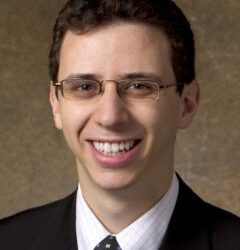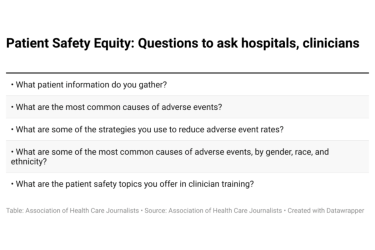
It’s not a good idea to try to do anything else while listening to Joanne Faryon’s podcast about “Sixty-Six Garage,” a man who went unidentified in a San Diego “vent farm,” aka skilled nursing facility, for 15 years. Her gripping oral recount of how she quit her job in 2015 and spent her own money and resources to find out who he was and how he ended up this way, attached to ventilators and unable to speak or move, is chilling.
The story of “Garage” represents also another angle on the story of immigration, and how the vehicle accident just north of the California/Mexico border resulted, possibly, because he was being chased by a border agent’s helicopter.
Faryon, who started this journey while at KPBS and inewsource in San Diego writing about hospices and death and dying, went on to develop the story as a package, called Room 20, for the Los Angeles Times in print and podcast.
I asked Faryon to write a “How I did it” piece on some of the issues she faced as she embarked on this journey and overcame obstacles to obtain access to the people who cared for “Garage” for so many years. She ultimately discovered his identity through sheer persistence, although she encountered some tricky ethical questions along the way about how she became part of the story. She also discovered how he got that name, “Sixty-six Garage,” which reveals a lot about how hospital providers grapple with the challenge of identifying patients when they themselves can’t tell their care givers who they are.
Of course, I had more questions, so she also participated in this Q&A.
Faryon (@JoanneFaryon) now teaches journalism at Columbia University, and can be reached at jf3208@columbia.edu .








